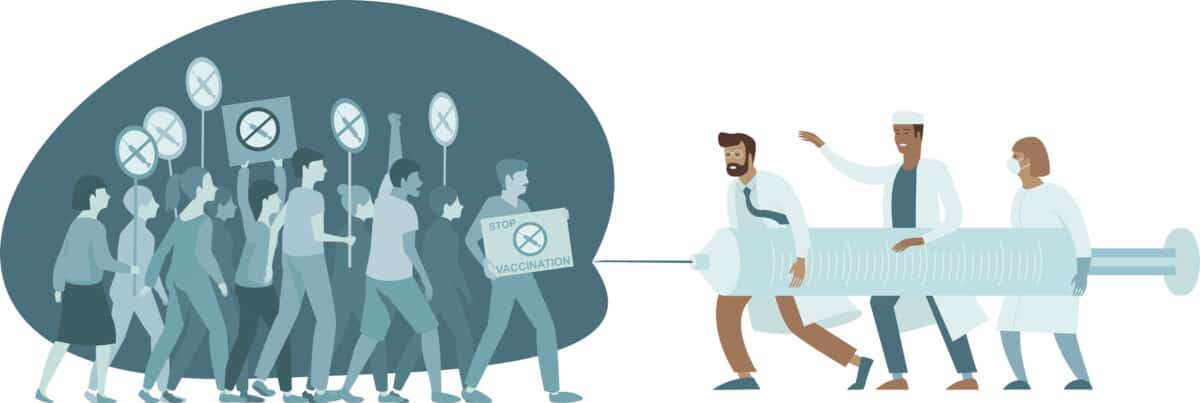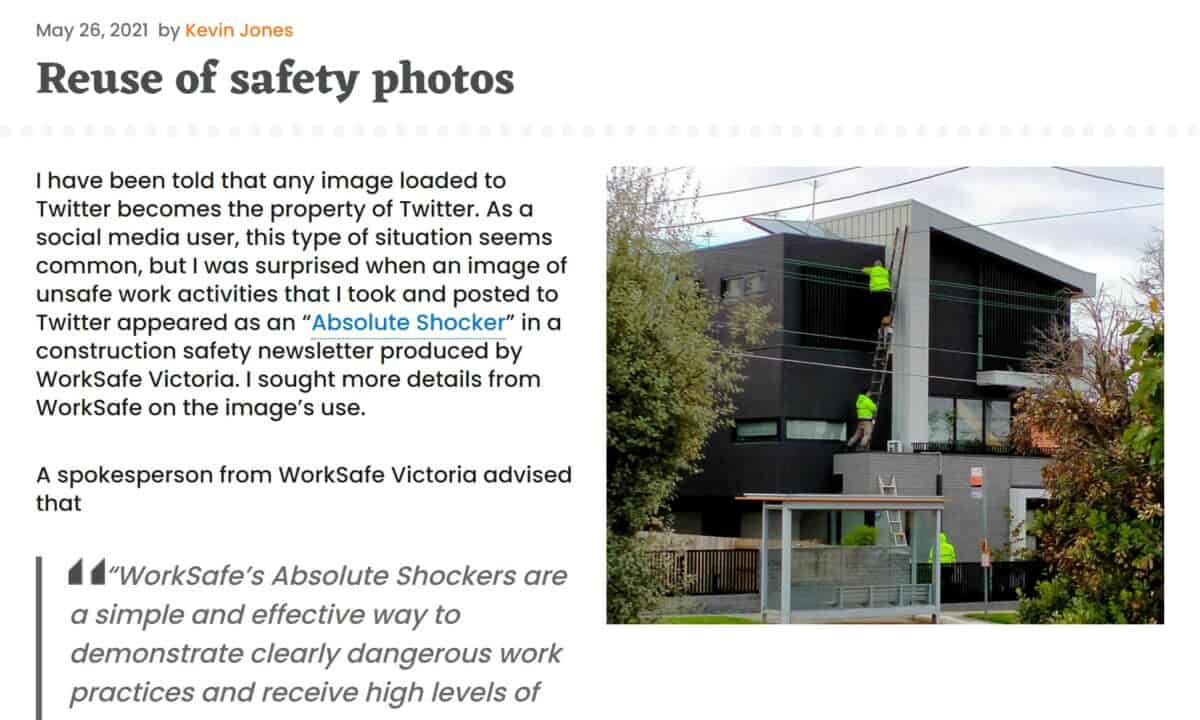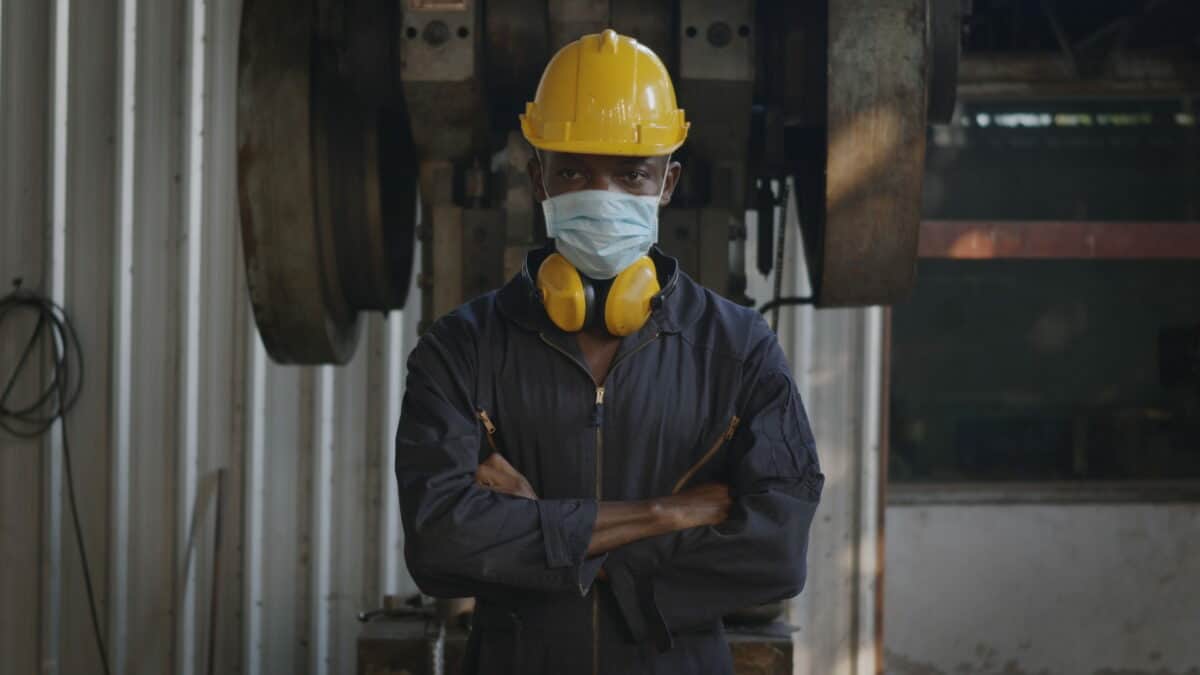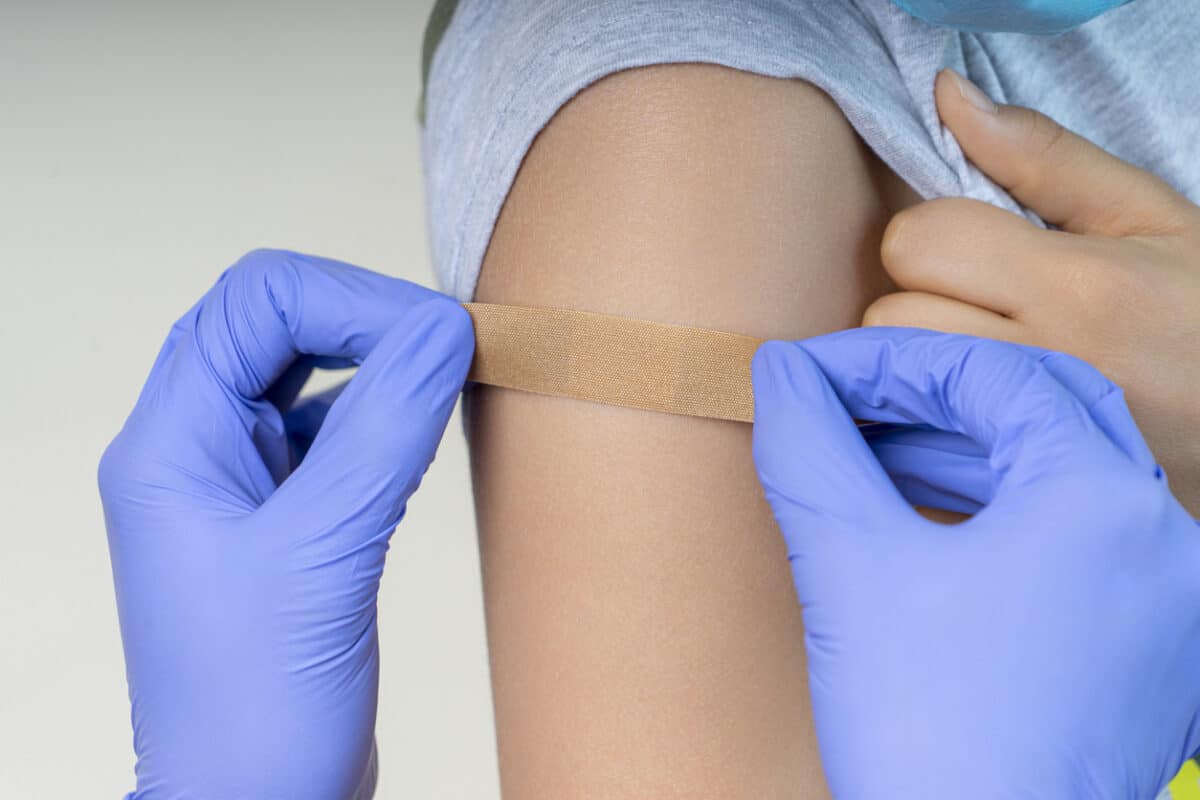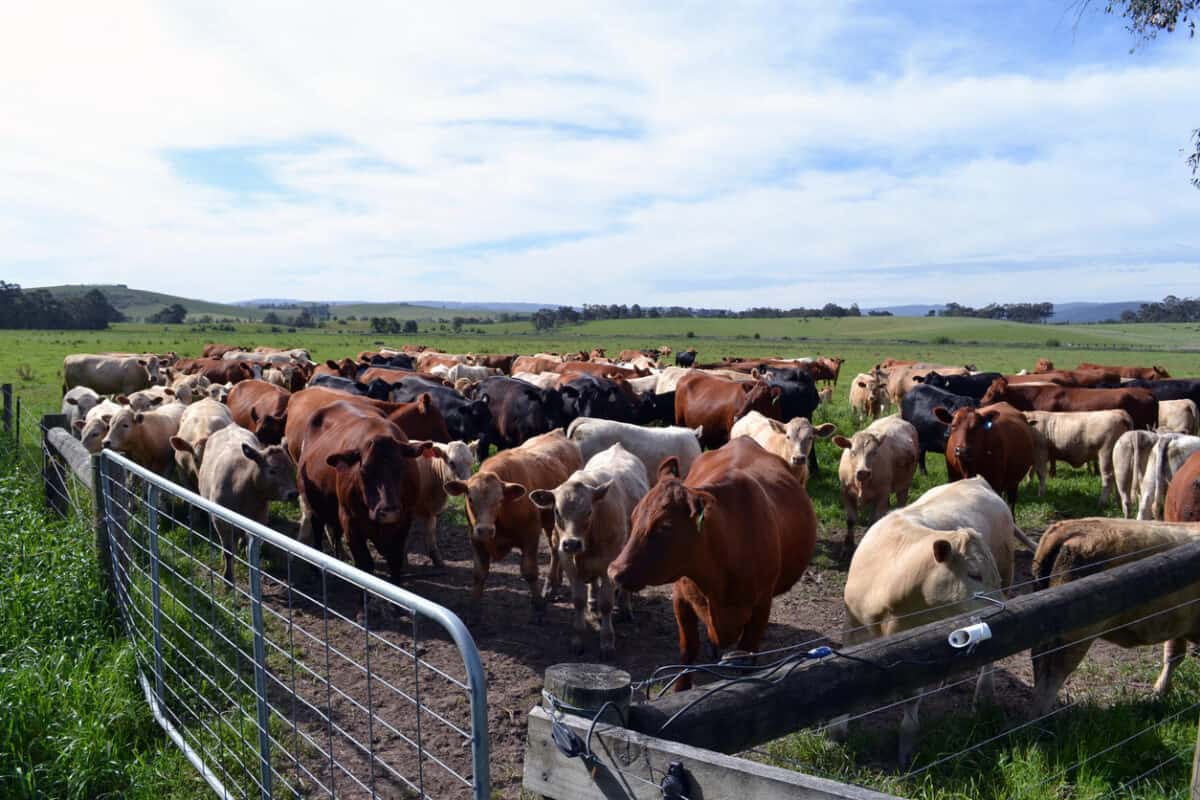In a little over a month, the Australian conversation about mandatory vaccinations at work has changed dramatically. In early August, food processing company SPC was treated suspiciously over its requirements for its workers, customers, and contractors to be vaccinated against COVID-19. Recently, the New South Wales Premier, Glady Berejiklian, required vaccinations for workers to move outside of certain residential locations. And today, the Victorian Health Minister, Martin Foley, has all but made vaccinations mandatory for the construction industry.
As Berejiklian has shown, you don’t need to impose mandatory vaccinations to make vaccinations mandatory.
Continue reading “Mandatory vaccinations without making vaccinations mandatory”
